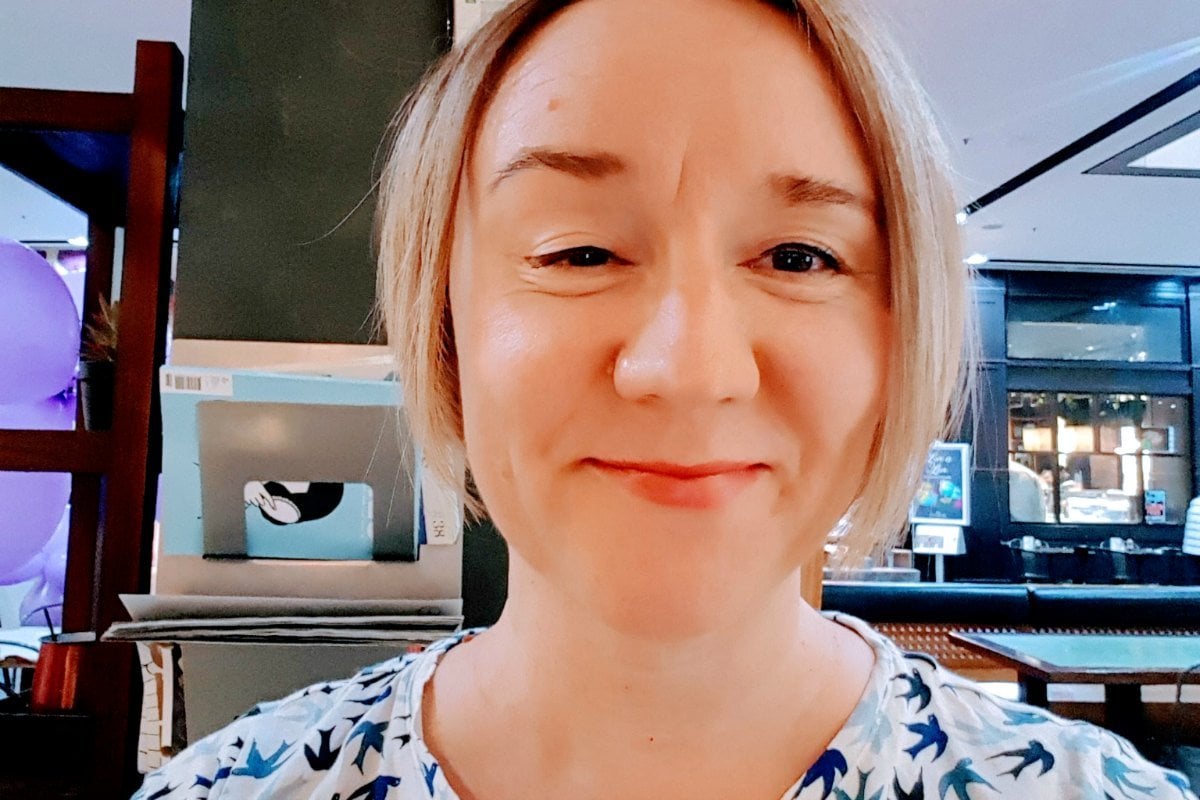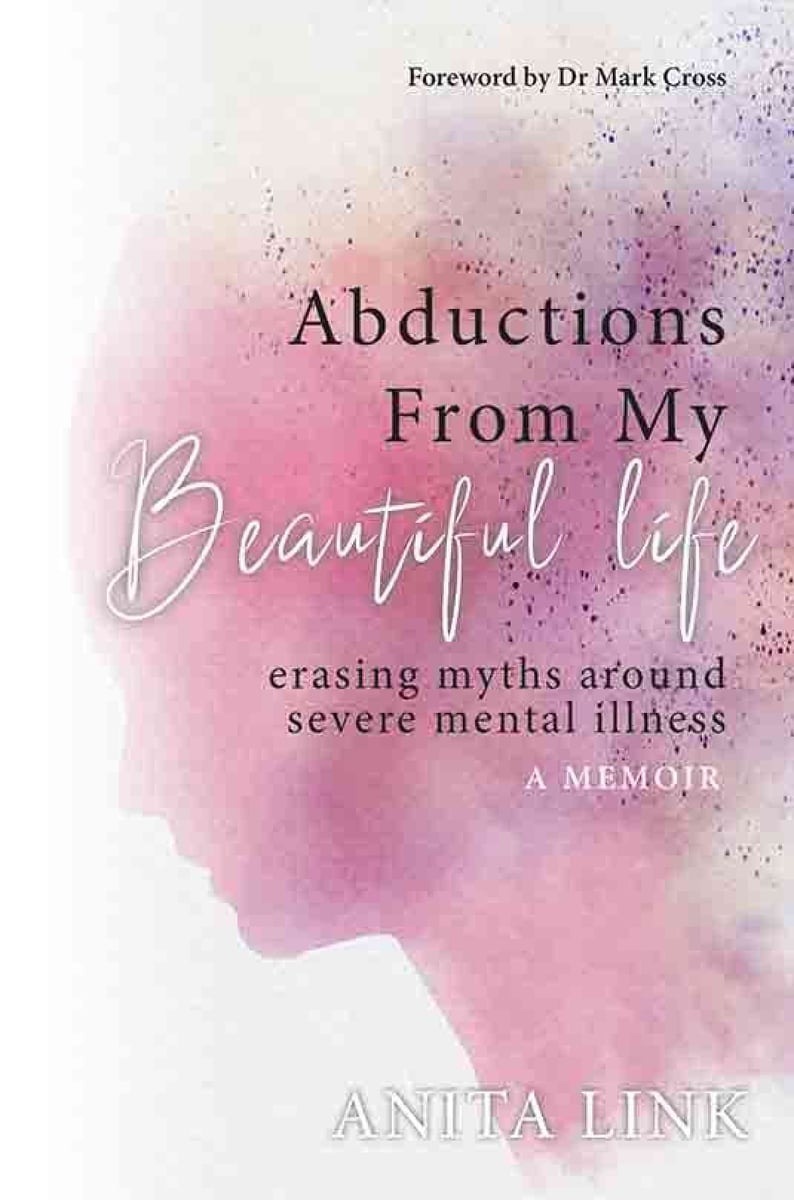
This article contains references to mental illness and may be triggering for some readers.
On the morning I’m due to be discharged, I start to cry, and I don’t stop. I feel completely out of my depth. I am drowning. One wave crashing over my head after the other, with no shore in sight. Panic sweeps through me with each breath in. When the nurse on duty that morning walks into my room with breakfast, her morning-fresh friendly expression collapses into one of alarm. Michael is standing at the head of the bed rocking Elsa clumsily. She is screaming. He is saying it will be okay. He looks at me helplessly. I am curled up on the floor at his feet not just crying, but howling, engulfed in misery. The nurse asks me what the matter is, takes Elsa and orders me to eat some breakfast. And then she says, "You really, really need some sleep."
Watch the trailer for Mamamia's new podcast, The Delivery Room. Post continues after video.
The nurse, whose name is Charlotte, sends Michael and Elsa out. She makes my bed, and I am given an hour or so to get some sleep. I am wound so tightly I feel I will tear in two. I lie there watching the clock. I think, Now I only have fifty minutes… forty minutes… twenty minutes to get to sleep. Something feels terribly wrong. I start to cry again and can’t stop. I press the buzzer next to the bed. I tell the nurse I can’t sleep, even when I’m given the opportunity. I feel as though I might never sleep again.



